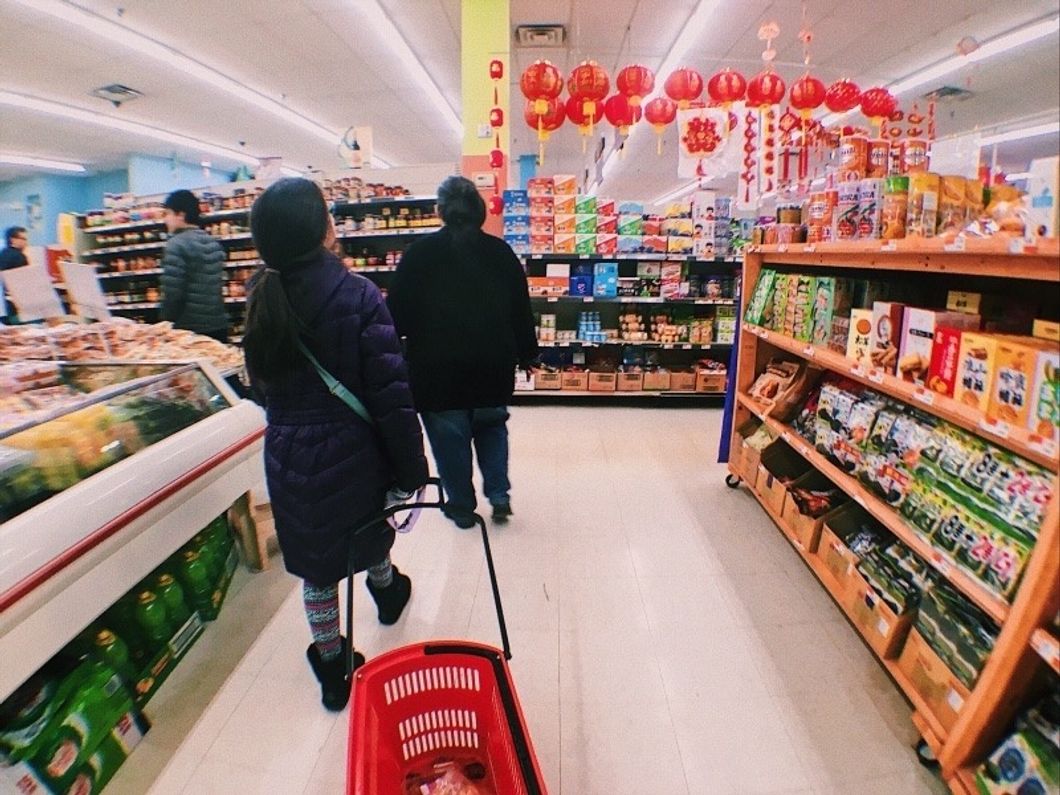With over 400,000 confirmed cases worldwide, coronavirus (COVID-19) has reached every corner of the world. The idea of a global pandemic is already terrifying, but even more so to the people who are more susceptible to coronavirus. The disease causes a respiratory illness with flu-like symptoms and is spread through human contact. Like any illness, anyone with previous medical conditions or who is immunocompromised has a greater risk of catching it. (So please, please, PLEASE stay inside and wash your hands!)
It's a scary time right now, especially for anyone who has suffered or is suffering from an eating disorder. Why? Two reasons. First, people with a history of eating disorders run the risk of being immunocompromised. This and other issues are a result of denying the body of necessary nutrients over an extended period of time. But a major concern of many doctors and psychologists today is the mental risks this pandemic causes.
If you've gone to a grocery store lately or heard anyone complain, you'll know it can get hectic. People have been stocking up on toilet paper and food like the world was going to end. Researchers say this doomsday behavior is common.
"The antidote to anxiety is always control," says consumer behavior researcher Kit Yarrow. People stock up because the amount of stuff they have is something they are able to control. But what does this mean for a control-driven illness like eating disorders?
I know for me, the fear of not having enough food is more than enough to drive me into a panic.
I've spent the past few months trying to recover, which was made somewhat easier on a college campus where food was abundant and available whenever I want. Now with a limited amount of food in the pantry and far fewer trips to the store, the threat of bad habits returning is lingering. I know I can't be the only one struggling with continuing recovery during this pandemic. The idea that food might run out so you need to ration what you eat is detrimental to recovery.
Psychologists agree that the anxiety and fear around the coronavirus pandemic could potentially cause someone to relapse or for symptoms to worsen.
Relapses and increased anxieties around food are not things that are easy to handle alone, especially now. If you know anyone who has dealt with an eating disorder or disordered eating, take the time to check up on them. Call them, reassure them. Remind them that they shouldn't feel guilty for buying food, that they can (and should) eat without worrying that their food is going to run out. Sometimes all we need is someone else reminding us that global pandemic or not, recovery is possible.
It's a scary time right now, and we all need to be there for each other to get through it.

















